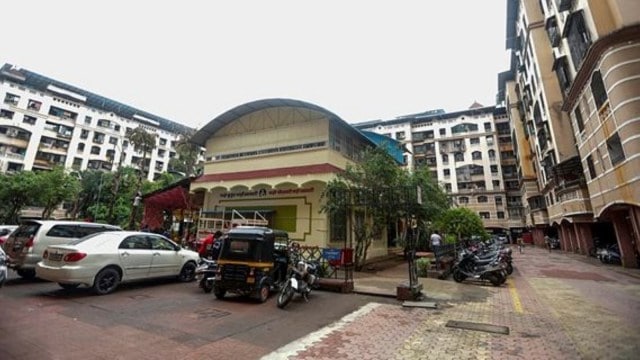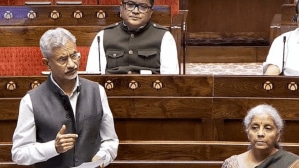Home, vehicle loans get costlier in Punjab
The government has notified the The Indian Stamp (Punjab Amendment) Act, 2023, allowing the imposition of a 0.25% stamp duty on loans sanctioned by respective banks or loan-crediting companies. The government will also impose a 2% stamp duty on property transferred through General Power of Attorney or Special Power of Attorney
 The government
plans to generate Rs 1000 crore annually from stamp duties. Express file photo
The government
plans to generate Rs 1000 crore annually from stamp duties. Express file photoTaking a home and vehicular loan along with hypothecation has become more expensive in Punjab, as the government has notified the Act allowing the imposition of a 0.25% stamp duty on loans sanctioned by respective banks or loan-crediting companies.
The government will also impose a 2% stamp duty on property transferred through General Power of Attorney (GPA) or Special Power of Attorney (SPA) by notifying The Indian Stamp (Punjab Amendment) Act, 2023. With these two levies, the government plans to generate Rs 500 crore from each, totaling Rs 1,000 crore annually.
The Punjab Vidhan Sabha passed two Bills in its Monsoon session in November, including The Indian Stamp (Punjab Amendment) Bill, 2023, dealing with the imposition of 0.25% stamp duty on home and vehicular loans.
This Bill was subsequently passed by the Governor and notified as Acts on January 15. The government, on February 2, has written to all Deputy Commissioners to ensure the implementation of these Acts.
Other Bills, such as The Registration (Punjab Amendment) Bill, 2023, dealing with the imposition of a registration fee on home and vehicular loans and making the equitable mortgage deed a compulsory registrable document, along with making sale certificates issued by revenue authorities or civil courts, compulsory registrable documents, have been sent to the
Government of India as they fall under the Centre’s jurisdiction. The Bill makes it mandatory for the borrower to register the loan.
According to the Act related to GPA, the transfer of property to the spouse, legal heir, and blood relations will not attract any additional duty. Punjab has decided to levy a transfer fee on GPAs as many sale deeds were executed in the form of GPAs, causing a loss to the state exchequer,
creating a defective title, leading to cheating of common citizens, and finally creating nightmares for them.
The government found that in October 2022 alone, as many as 7,000 GPAs were registered. Out of these, 90% were related to the usual sale, and 10% were genuine transfers of property. This has roughly caused a loss of Rs 850 crore.
Regarding loans, banks charge processing fees on loans taken by residents of the state, but the government does not receive anything.
Once the President approves the Bills providing for the amendment in Section 17 of the Registration Act, 1908, and Section 58F of the Transfer of Property Act, 1882, the government will be able to charge a 0.25% registration fee on the total loan sanctioned by the bank. However, this fee will not exceed Rs 1 lakh.
Once the third Act (The Transfer of Property Act) is also notified, the government will give powers of Sub Registrar to the bank manager of the concerned bank so that the registration process is done at the bank only. There will be no need to approach the Tehsildar office for the registration of the document.












